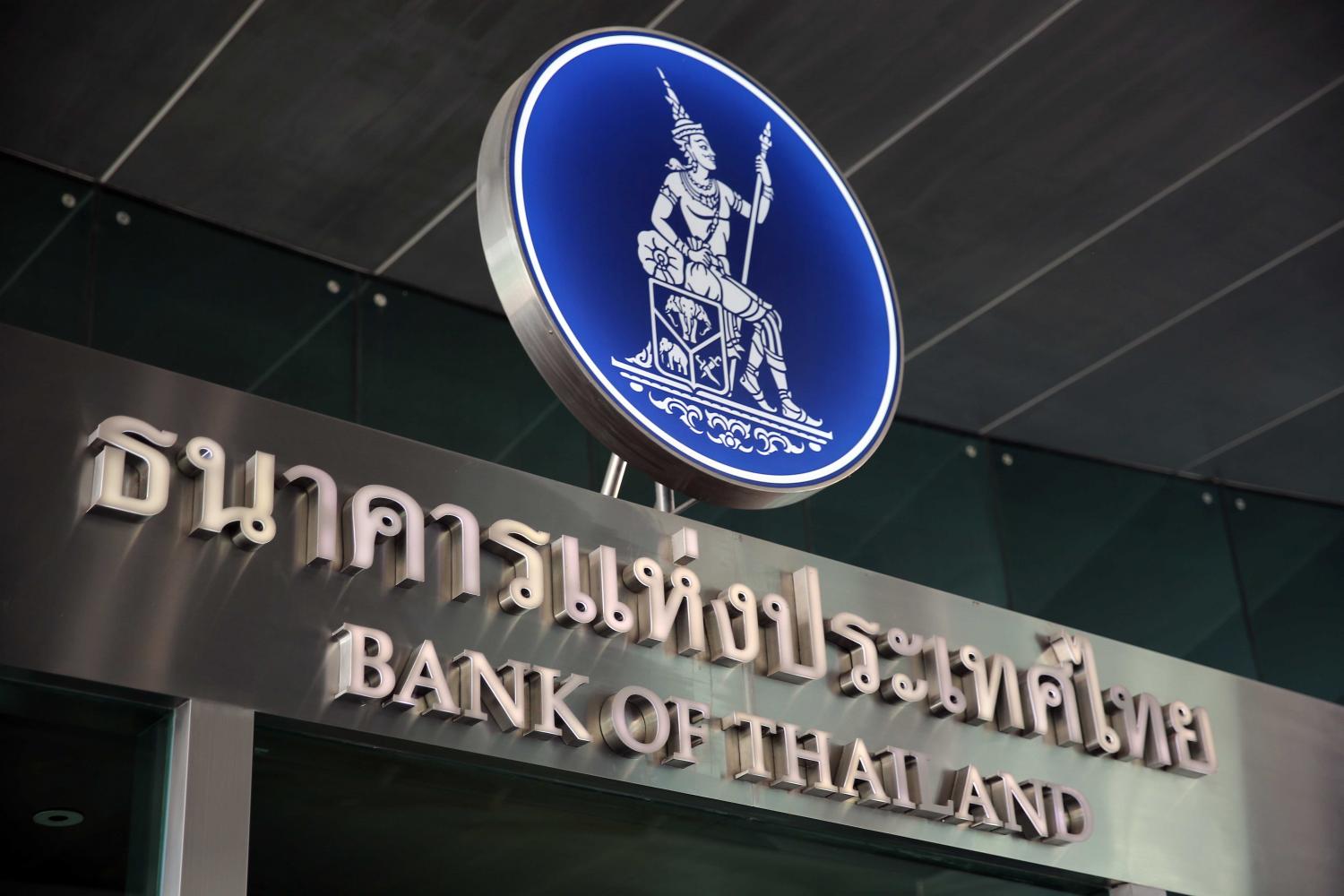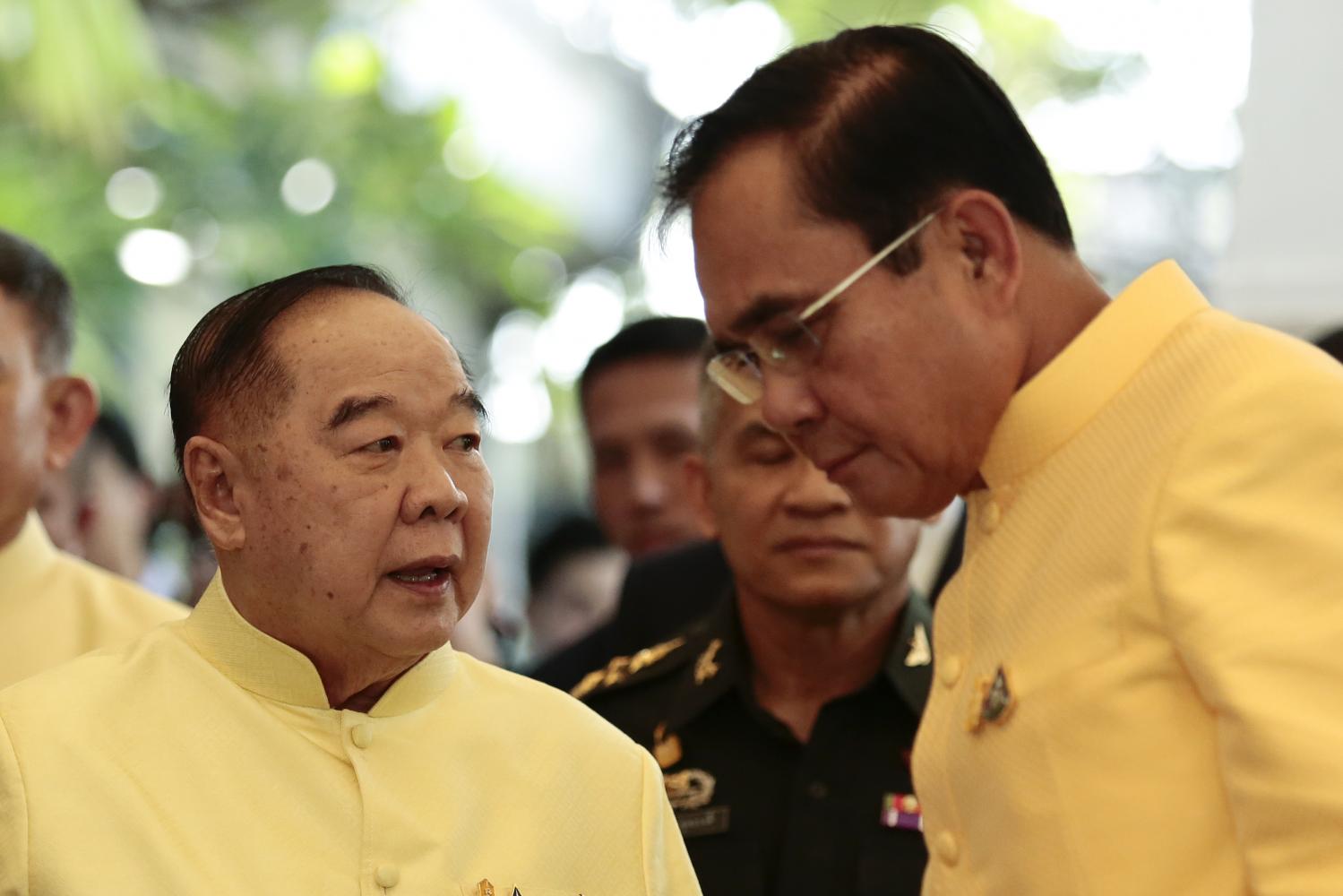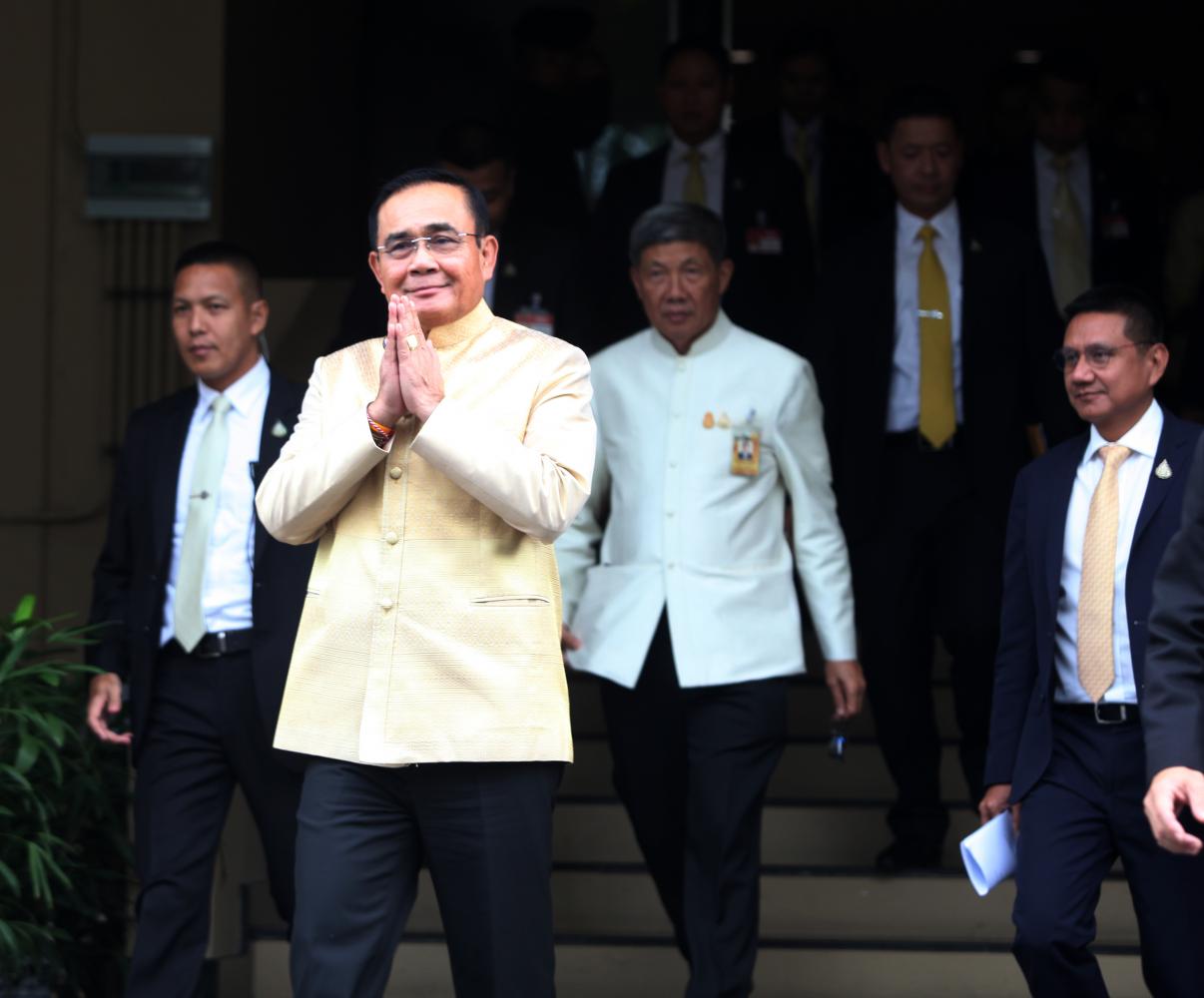Showing 81 - 90 of 211
Developing by managing demographics
News, Thitinan Pongsudhirak, Published on 27/09/2019
» Once upon a time, it was feared that the earth would become overcrowded and its inhabitants unable to find enough to eat. This fear has not only proved unfounded but it has gone in the opposite direction. What almost every nation fears now is a decline in inhabitants as the birth rate cannot keep up with the longevity of the aged and elderly, imposing unsustainable burdens on working-age segments of the population. Every region is afflicted with this demographic predicament, especially in affluent societies where the birth rate decline is acute, such as Japan.
Central bank autonomy must be upheld
News, Thitinan Pongsudhirak, Published on 16/08/2019
» When elected governments make noises about economic growth in countries where macroeconomic management is sound and prudent, central bankers tend to quietly bristle and brush off such interference and infringement of monetary space at their own risk. In so doing, central bankers tend to enjoy the support of domestic and international market participants who value central bank independence more than politicians' vested interests, even if it sometimes undercuts their bottom lines. Accordingly, when central bankers go along with the preferences of elected politicians, the conduct of monetary policy comes into question.
Prime Minister Prayut's huge little gaffe
News, Thitinan Pongsudhirak, Published on 09/08/2019
» While Thailand's flawed 2017 constitution was bound to run into a fundamental dispute at some point, the sudden and brewing charter crisis facing the government of Prime Minister Prayut Chan-o-cha stems from an unlikely source. During the oath-taking ceremony presided over by Their Majesties on July 16, the Gen Prayut-led cabinet somehow omitted one-third of a statement which was mandated to be read aloud before officially taking office. What should have been a routine constitutional ritual has become a procedural gaffe that has captured national attention, putting government stability at risk and the prime minister's political longevity in doubt.
Is the Indo-Pacific eclipsing Asia-Pacific?
News, Thitinan Pongsudhirak, Published on 02/08/2019
» Thailand and the smaller states in its neighbourhood will miss the Asia-Pacific era. It is not as if the Asia-Pacific has gone away or disappeared in any sense. But its role as a cradle of prosperity linking larger and small economies around the Pacific Rim may have passed its peak. In its place is the Indo-Pacific, which thus far lacks a trade-liberalisation and economic growth component so integral to the Asia-Pacific.
New cabinet puts power grab on display
News, Thitinan Pongsudhirak, Published on 12/07/2019
» As if to remind the Thai public of what the past five years of military-authoritarian rule has been all about, the first post-election cabinet under Prime Minister Prayut Chan-o-cha now represents the full manifestation of what was no less than a power grab.
What went wrong for the Democrats?
News, Thitinan Pongsudhirak, Published on 07/06/2019
» It is hard to believe today that Thailand's Democrat Party was widely worth rooting for not so long ago. In past eras of military-authoritarianism, Democrat MPs used to be seen as a force for good, pitted against ruling generals in support of popular rule. Somehow during the current military regime that dates back to the September 2006 coup, Thailand's oldest party has tilted away from democracy towards authoritarianism. But just as the party is demoralised and in disarray, it offers a silver lining in new and fresh faces that could offer a way forward if party elders are willing to step aside.
5 years backwards under military rule
News, Thitinan Pongsudhirak, Published on 24/05/2019
» Now that five years have elapsed since Thailand's last military coup, it is an opportune juncture to take stock of where the country is heading. When it seized power in May 2014, the military junta, known as the National Council for Peace and Order, initially had legitimacy from royal ascent and broad approval from its restoration of stability and order after more than half a year of street protests in Bangkok by the People's Democratic Reform Committee that was intent on overthrowing the Pheu Thai government.
Anti-regime? Join the opposition ranks
News, Thitinan Pongsudhirak, Published on 17/05/2019
» Five years after it seized power in May 2014, Thailand's military junta, known as the National Council for Peace and Order (NCPO), has achieved what it envisaged.
Woeful Senate will worsen political woes
News, Thitinan Pongsudhirak, Published on 10/05/2019
» Since it first took office in 1947, Thailand's Senate has mostly comprised appointees as mandated by more than a dozen constitutions over the past seven decades. Only in the 1997 and 2007 charters was the Senate elected and half elected, respectively. The 2017 constitution has reverted to a wholly appointed upper chamber but this time the 250-member Senate has been given wider authority, particularly the selection of the prime minister.
Poll results point to clear way forward
News, Thitinan Pongsudhirak, Published on 26/04/2019
» Despite the controversy and confusion over Thailand's March 24 election outcome, its immediate and far-reaching implications are indisputable.












